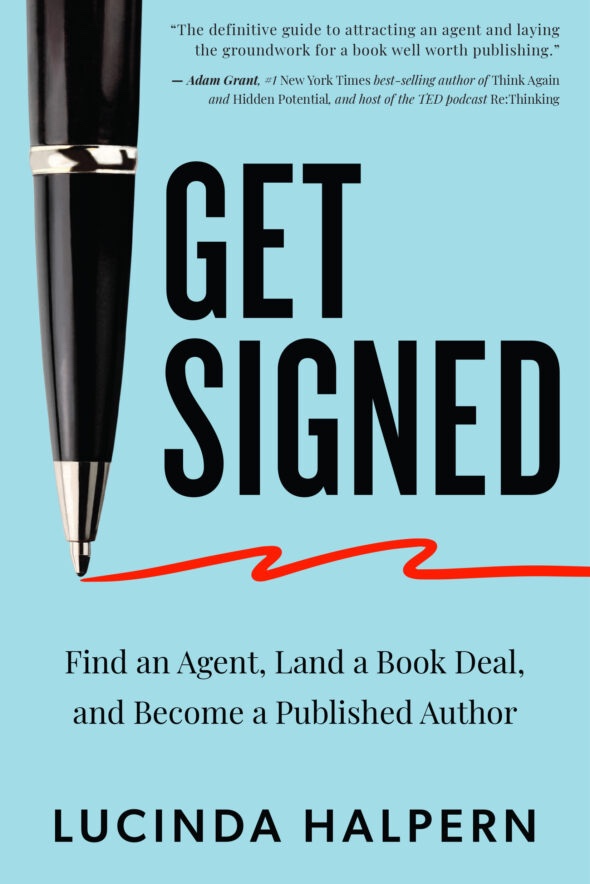Search
The 5 Biggest Misconceptions about Traditional Publishing
If you’ve heard horror stories from friends, colleagues, or even strangers on the internet about traditional publishing being a punishing experience, you’re not alone! Many writers raise these concerns with us.
We’ve put together some responses to 5 common false statements and the most disheartening misconceptions we hear:

- Writing a book will absorb all your time and attention—you won’t be able to juggle all your obligations.
It’s true that writing a book can be a major endeavor, but this doesn’t mean that you can’t find a balance between writing and attending to your business, family, self, or other important aspects of your daily routine. One option that many writers find helpful is to hire a collaborator or ghostwriter to assist you with the outlining, or the proposal, or in any area where you could use a helping hand. But that’s just one suggestion. Our own authors, many of whom write while running their own thriving businesses, recommend these tips.
- There’s little reward after a long process and a lot of work.
Writing a book can be painstaking, but the efforts you invest will be worth the reward. A book opens up doors to a previously inaccessible new audience and provides the ability to scale your message, find new customers, create speaking opportunities, and even change lives. It provides another avenue through which your current audience can engage with you. Plus, a book adds credibility to your existing platform, allowing you to grow your reach and expand your business while providing passive income over the long term. Along the path to publishing your book, you will receive your fair share of rejections. They will hurt at first, but they are what you make of them; if you can take the feedback you receive and view it as a gift full of expert insights, you’ll be well-positioned to use it to improve your manuscript or proposal. Perseverance pays off. Dan Brown, JK Rowling, and Kathryn Stockett are contemporary examples of extremely successful authors who faced plenty of rejection before they finally found the right partnership with the best creative vision for their project.
- You need to have raw writing talent or be famous in order to publish a book.
While it certainly helps to have strong writing skills, you don’t need to be a professional writer in order to publish a book. This is why an editor, agent, and/or ghostwriter are there for support—it takes a village. In our view, what matters most is this: you have a stellar idea. Writing takes practice, but if the idea is timely, bold, and compelling, then the process of putting pen to paper becomes a lot easier to do. It’s the content that truly tips the scale from something that is good (or is written well) to something that is revolutionary. And naturally, a large platform, or existing audience, goes a long way. But you don’t have to be a celebrity to publish a book. You just need to know the right marketing chords to hit, which we explore in detail in our workshops.
- Publishers expect you to “do everything,” and don’t lend value; or, conversely, publishers take away all creative control, leaving nothing to you.
We’ve heard both versions of this rumor, but the truth falls somewhere in the middle. While publishers want to be in business with authors capable of reaching a wide audience, they don’t typically expect you to do it all, and in fact, they have dedicated teams to ensure that a book’s success doesn’t fall solely on their authors. Professional design, marketing, production, foreign rights, and of course, editorial teams all work together to support you and your work. Beyond decades of experience printing and marketing books, publishers, most importantly, offer distribution far beyond what one can accomplish individually. In an ideal publishing scenario, we see our authors’ ideas and expertise respected and taken into account, and their earliest creative inklings become fully executed in ways that exceed our authors’ expectations or imaginations.
- You’ll find more value in hosting a podcast, course, or television show.
We hear this from many prospective authors, including those with big, vibrant audiences contemplating the next move for their business. Here’s what we tell them: someone who picks up your book is already primed for your message—more likely to form a deep and engaged relationship with you than they would through any other more transient, less intimate medium like television or podcast. Those experiences don’t require a personal investment. When someone buys a book, they’re making a commitment to learn how to change their thinking, their behavior, or their life. Finally, unlike a podcast, course, or television show, books bring prestige, a kind of media and/or speaking recognition that allows you to reach a messenger for your world-changing idea.
Ready to make the leap into book publishing? Our course will give you the extra hand you need.






